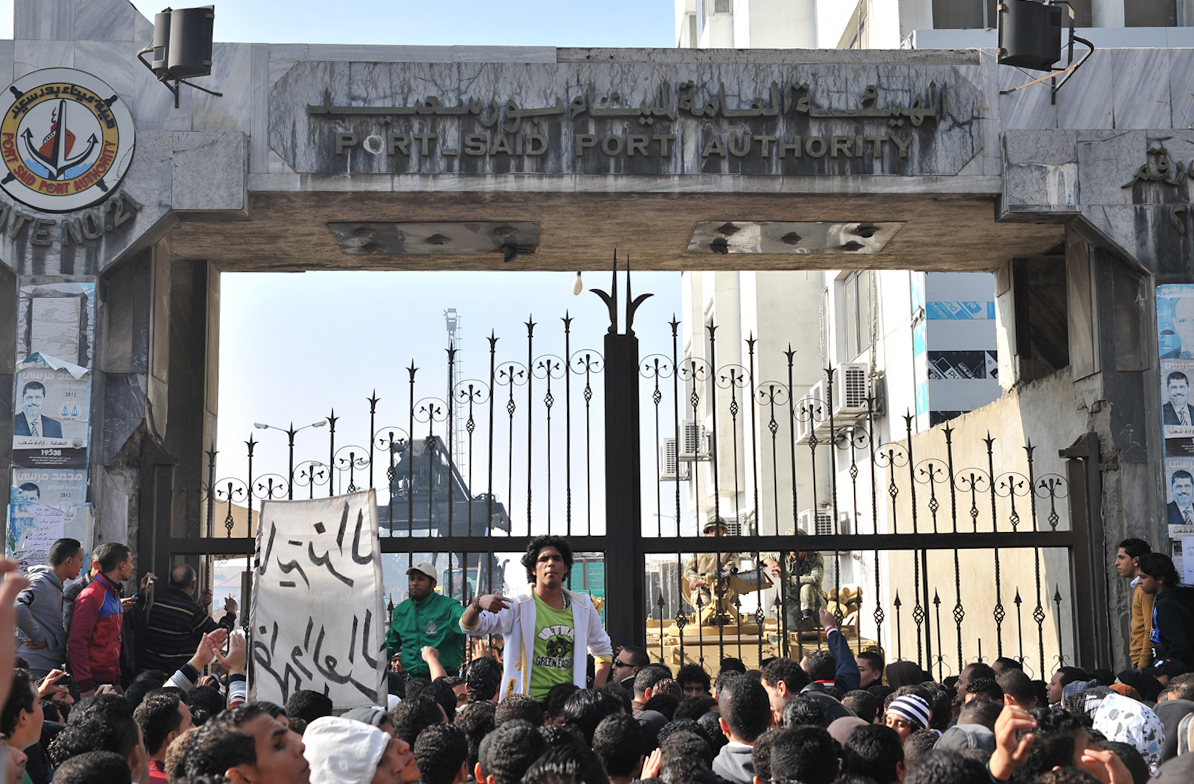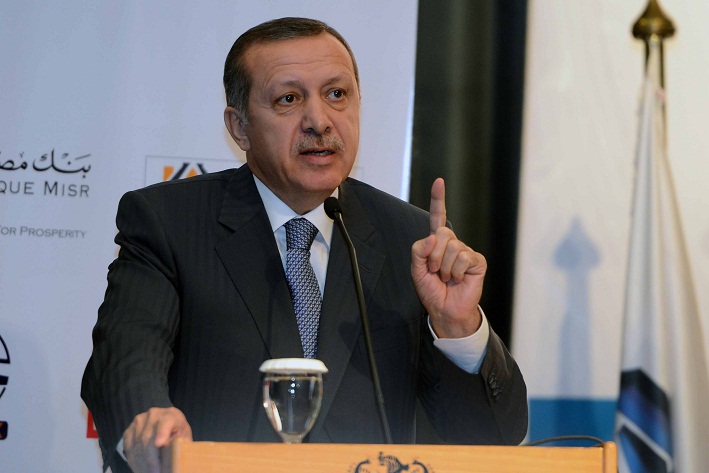
(AFP Photo)
Amnesty International stated that sit-ins supporting former president Mohamed Morsi at Rabaa Al-Adaweya in Cairo and Al-Nahda Square in Giza allowed the torture of anti-Morsi protesters.
In a report released on Friday, the watchdog human rights organisation stated it received testimonies from anti-Morsi protesters claiming to have been “captured, beaten, subjected to electric shocks or stabbed” by Morsi loyalists.
The Ministry of Interior said on Tuesday that 11 bodies of apparent victims of torture have been found since the current crisis began in late June. Amnesty’s report stated that as of Sunday, eight bodies bearing signs of torture had arrived at the morgue in Cairo, at least five of which were found near pro-Morsi sit-ins. Other alleged torture victims filed ten complaints.
The capture and torture of alleged anti-Morsi protesters occurs more frequently during or immediately following violent clashes between pro and anti-Morsi protesters, Amnesty International said. The report cited the testimony of two alleged torture victims at the hands of Morsi supporters.
One alleged victim, Mastour Sayed, said he was attacked alongside a group of 20 near Rabaa Al-Adaweya on 5 July. Sayed said he was beaten and electrocuted, adding that some of his assailants were armed with “knives and machine guns.” He said he overheard a female detainee being sexually assaulted and beaten.
A second alleged torture victim cited by Amnesty International, Hassan Sabry, said “armed” pro-Morsi protesters near Al-Nahda Square beat him and two other men with sticks. He allegedly watched the assailants slit the throat of one anti-Morsi protester and stab another to death. Sabry said he had to feign death by holding his breath to escape.
Hassiba Hadj Sahraoui, Deputy Director for the Middle East and North Africa at Amnesty International, described the torture allegations at the hand of individuals as “extremely serious,” adding that they must be urgently investigated.
“People should not take the law into their own hands,” Sahraoui said. “Political leaders have a responsibility to condemn these criminal acts and call on their supporters to renounce such human rights abuses.”
Sahraoui nevertheless warned the government against collectively punishing all pro-Morsi protesters or dispersing their sit-ins by using excessive force under the pretext of those crimes.
The trial session of a group of men accused of amputating a man’s finger near the Rabaa sit-in on Saturday was postponed until Sunday. The five accused are charged with torture, detaining a man and amputating his finger, reported state-run news agency MENA. The victim, who chose to remain anonymous, said in an interview with independent satellite channel Al-Tahrir that pro-Morsi protesters at the Rabaa sit-in accused him of stealing a phone and amputated his left index finger.
Tarek Al-Morsi, Freedom and Justice Party spokesman, said the charges against the five men were “fabricated by [ousted president Hosni ] Mubarak’s Homeland Security and media.”
“The true violation of human rights is the coup which took place,” Al-Morsi said. “The true violation is robbing the nation of its will.”
Al-Morsi said he was unaware of Amnesty International’s Friday report and thus refused to comment on it.
Minister of Information Doria Sharaf Al-Din announced on behalf of the cabinet that the Rabaa and Al-Nahda sit-ins are a threat to national security in a press conference on Wednesday. Sharaf Al-Din added that the cabinet delegated the Minister of Interior to take all measures to face violence and terrorism and to disperse the sit-ins.




